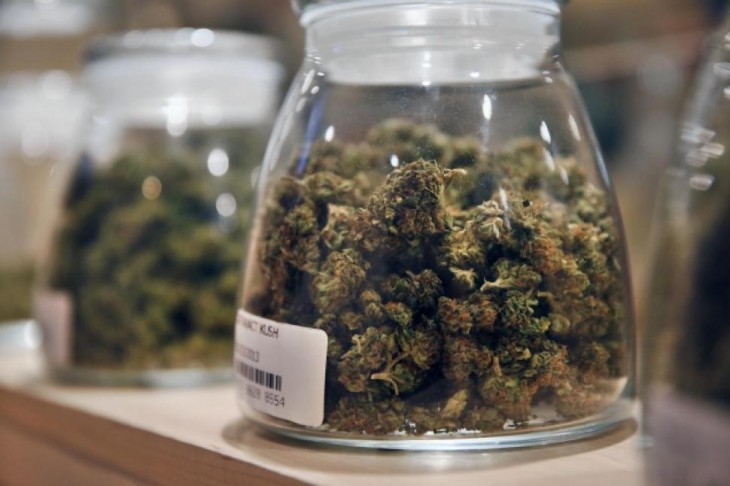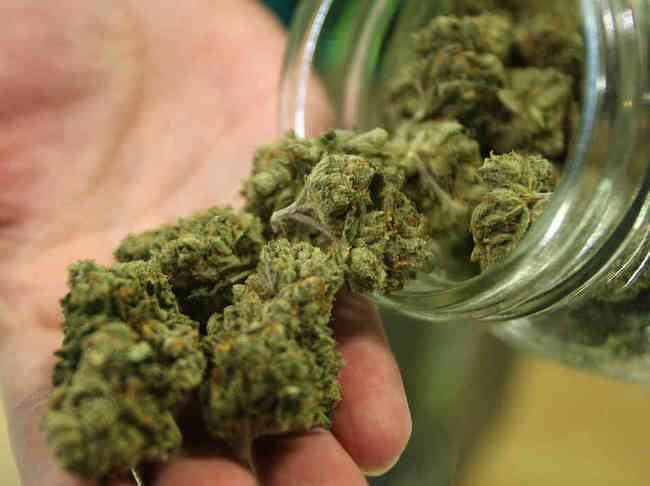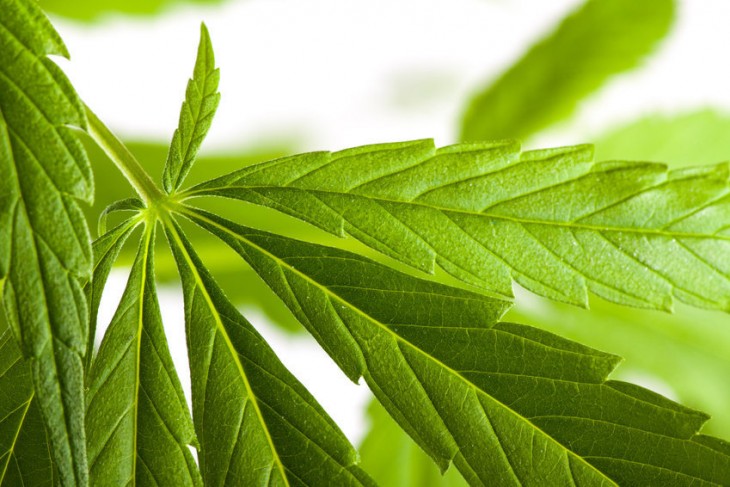Providing for the massive marijuana demand in the United States is not easy. Mexican drug cartels have for years been shipping their product over the border in trucks and by individuals carrying bails and hoping to cross the border. It has been a serious concern of the war on drugs for many years and is probably the most admirable part of the DEA’s agenda.
A growing concern comes in the form of illegal outdoor grows in California public lands, including state and national parks. The people growing in the parks leave massive amounts of trash behind, divert water sources away from the natural flow for irrigation, and are using toxic amounts of chemicals to keep their plants safe from rodents.
Diminished Populations Matches Global Trend
This was discovered during an investigation into the waning numbers of wild fishers, a small weasel native to north America. The Fisher is a natural predator and is one of the few animals that actively hunts porcupines. It’s a pretty tough animal, so environmentalist were surprised to see their range drastically decrease over the last decade. Rodenticide was found to be the cause of death by a pathologist in California.
Diverting streams for marijuana irrigation has become of greater interest in recent years since the drought has only deepened in the southwest United States. While wine producers often herald the effects of droughts on harvests, marijuana cultivators will suffer from a diminished harvest in drought like conditions. The drought drives them to look to for some unconventional sources of water, which often includes complex sprinkler systems in the middle of the parks.
Using Land Illegally
For some time state officials and environmentalists have been concerned about these illegal growers, because they are not subject to the same regulations that their legal counter parts are. They can use insecticide and fertilizers even up to harvest days because no one is inspecting the product. Legalizing the drug for open trade will make grows like these less successful and necessary and limit the environmental impact the marijuana industry is leaving.
These types of grows are driven by black market sales, and would not be allowed to be sold in law abiding medical and recreational dispensaries. They probably aren’t growing Arjan’s Super Lemon Haze from Green House Seed Co. so who even wants the black market stuff? Likely much of that marijuana is bound for other states across the country, where growing conditions aren’t as strong. None the less, widespread use of pesticides, hormones, antibiotics, herbicides and fertilizers remains a pervasive nationwide agricultural problem.









